Master strategist or just lucky? In hindsight, Nitish Kumar appears to be a genius
Tue 10 Nov 2015, 18:31:50
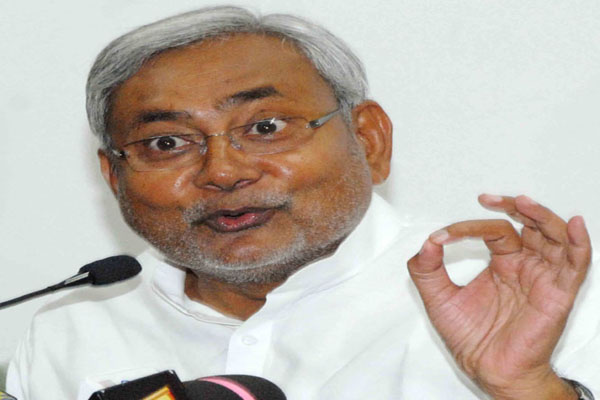
In warfare, one question often asked about army commanders is: ŌĆ£Is he lucky enough to win a war?ŌĆØ In the post-Bihar election phase, the mystery as to what exactly clicks in politics ŌĆö luck or other factors ŌĆö will remain unresolved.Only two years ago, every step Nitish Kumar took reversed his political fortune. He challenged Narendra Modi at a time when the Gujarat strongman was struggling hard to get acceptability within the Hindutva fold. In fact, it was when Modi was declared the head of the partyŌĆÖs campaign committee in Goa that he made up his mind to sever ties with the BJP.By all indications then, Modi had emerged as leader who was bulldozing his way to assert himself as the supreme leader, ignoring protests by senior leaders like LK Advani, Murli Manohar Joshi and Sushma Swaraj. The manner in which the RSS and a group of leaders pushed through his primacy in the Hindutva fold smacked of hectoring and bullying of the nay-sayers to fall in line. And they fell in line sooner than later in the face of pressure from the RSS and the BJP.Modi was then untested at the national level and there was an apprehension that he would not be a vote-catcher at the national level. At that time Advani differed with Modi loyalists and maintained that the BJP could easily fill in the vacuum created by a discredited Congress and a helpless prime minister in the form of Manmohan Singh. AdvaniŌĆÖs insistence on not projecting a prime ministerial candidate was ignored by the Sangh Parivar, although there was growing skepticism within the BJP fold about the efficacy and appeal of Modi. Madhya Pradesh chief minister Shivraj Singh Chouhan silently opposed it on the grounds that ModiŌĆÖs projection would affect his prospects in the Assembly poll scheduled then.NitishŌĆÖs decision to part ways with the BJP was based on the cold political calculation that Modi would neither have an all-India appeal like Atal Bihari Vajpayee nor the polarising effect of a Ram Mandir agitation. But far from these calculations, Modi crafted his image of a pro-development politician and a decisive ŌĆ£doerŌĆØ unafraid of taking tough decisions. Despite all odds, Modi pulled through because of a divided Opposition and his distinct political persona that attracted
fence-sitters to him. In Bihar, Modi got an overwhelming mandate in the 2014 Lok Sabha elections reducing the RJD and the JD(U) to the margins.A crest-fallen Nitish resigned from chief ministership and installed Jitan Ram Manjhi much to the discomfiture of people of Bihar. ManjhiŌĆÖs tenure was mired in a series of scandals that marred NitishŌĆÖs legacy of governance and able administration. His move was certainly out of sync with peopleŌĆÖs expectations of him. The emerging political narrative then was that he would be good for the state while people chose Modi to lead the nation. He did not buy that argument and went ahead to forge a coalition with Lalu Yadav to consolidate his social base.His alliance with Lalu was as much frowned upon as his decision to install Manjhi as chief minister. Similarly, when Nitish took the decision to unseat Manjhi who staged a rebellion against him, he faced the criticism of having alienated Mahadalit sections, a constituency he nursed so assiduously. Manjhi belonged to the Mushar community which formed a sizeable chunk of Scheduled Caste population. On the face of it, these seemed illogical and often counter-productive to NitishŌĆÖs goal of consolidation of support.In hindsight, all these appear to have been smart moves. The election results make it seem as though these were perfectly timed with a stroke of genius. ManjhiŌĆÖs elevation is now being seen as a deft political move to take the heat off Nitish after his humiliating defeat in 2014. On the other hand, the BJPŌĆÖs strategy to win over Mahadalits yielded little dividend as they found more affinity with the Grand Alliance than the BJP-led alliance.There was little doubt about the formidability of the social coalition that Nitish forged. However, the BJP too tried to co-opt Dalits and EBCs to its fold in a matching response. In numerical terms, the BJPŌĆÖs coalition was only marginally inferior on paper. In reality, the Hindutva forces fell out of sync soon after RSS chief Mohan BhagwatŌĆÖs statement on reservation and took a series of mis-steps by launching personal attacks on Lalu and Nitish.Now, coming back to main question: Does luck play a role in politics? Would any of these generals (read Modi and Nitish) have won the war without luck?
fence-sitters to him. In Bihar, Modi got an overwhelming mandate in the 2014 Lok Sabha elections reducing the RJD and the JD(U) to the margins.A crest-fallen Nitish resigned from chief ministership and installed Jitan Ram Manjhi much to the discomfiture of people of Bihar. ManjhiŌĆÖs tenure was mired in a series of scandals that marred NitishŌĆÖs legacy of governance and able administration. His move was certainly out of sync with peopleŌĆÖs expectations of him. The emerging political narrative then was that he would be good for the state while people chose Modi to lead the nation. He did not buy that argument and went ahead to forge a coalition with Lalu Yadav to consolidate his social base.His alliance with Lalu was as much frowned upon as his decision to install Manjhi as chief minister. Similarly, when Nitish took the decision to unseat Manjhi who staged a rebellion against him, he faced the criticism of having alienated Mahadalit sections, a constituency he nursed so assiduously. Manjhi belonged to the Mushar community which formed a sizeable chunk of Scheduled Caste population. On the face of it, these seemed illogical and often counter-productive to NitishŌĆÖs goal of consolidation of support.In hindsight, all these appear to have been smart moves. The election results make it seem as though these were perfectly timed with a stroke of genius. ManjhiŌĆÖs elevation is now being seen as a deft political move to take the heat off Nitish after his humiliating defeat in 2014. On the other hand, the BJPŌĆÖs strategy to win over Mahadalits yielded little dividend as they found more affinity with the Grand Alliance than the BJP-led alliance.There was little doubt about the formidability of the social coalition that Nitish forged. However, the BJP too tried to co-opt Dalits and EBCs to its fold in a matching response. In numerical terms, the BJPŌĆÖs coalition was only marginally inferior on paper. In reality, the Hindutva forces fell out of sync soon after RSS chief Mohan BhagwatŌĆÖs statement on reservation and took a series of mis-steps by launching personal attacks on Lalu and Nitish.Now, coming back to main question: Does luck play a role in politics? Would any of these generals (read Modi and Nitish) have won the war without luck?
No Comments For This Post, Be first to write a Comment.
Most viewed from National
Most viewed from World
AIMIM News
Latest Urdu News
Most Viewed
May 26, 2020
Which cricket team is your favourite to win the T20 World Cup 2026?
Latest Videos View All
Like Us
Home
About Us
Advertise With Us
All Polls
Epaper Archives
Privacy Policy
Contact Us
Download Etemaad App
© 2026 Etemaad Daily News, All Rights Reserved.

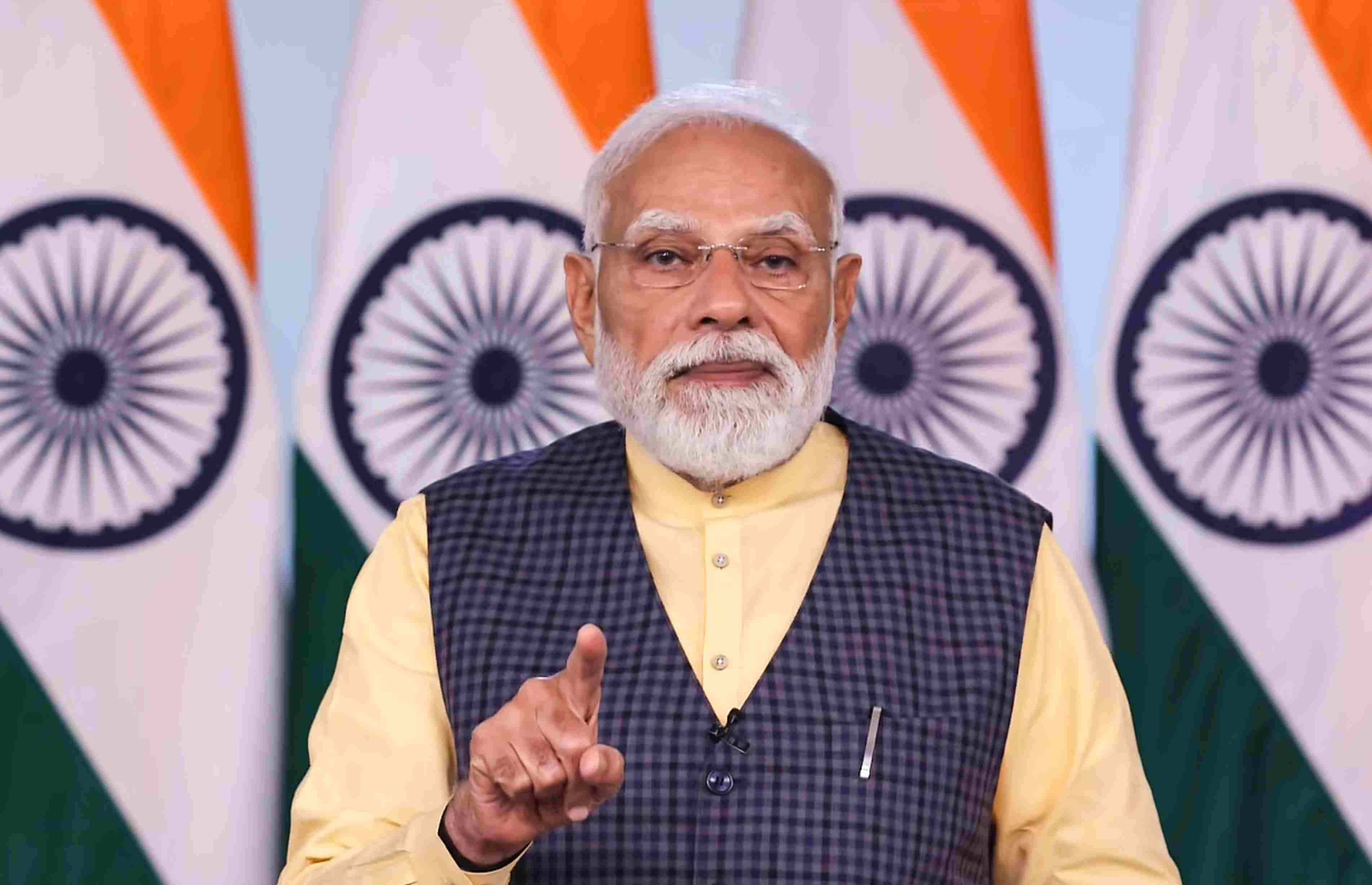
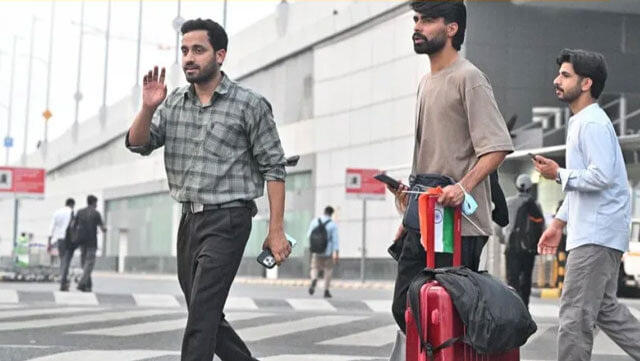
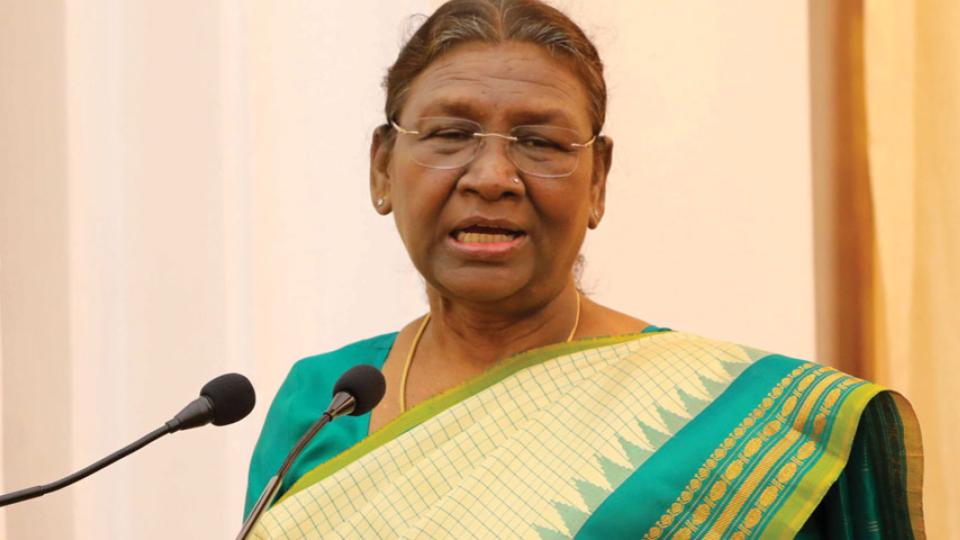
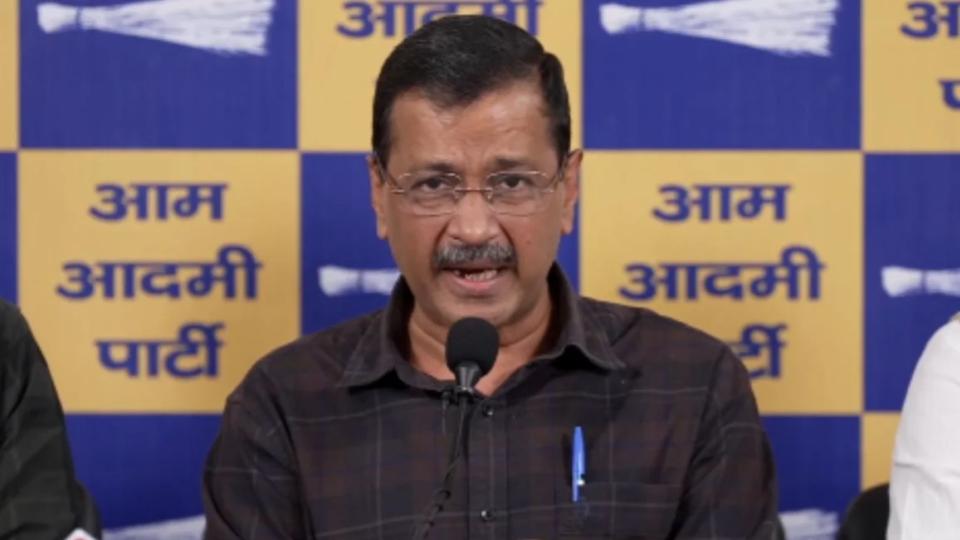
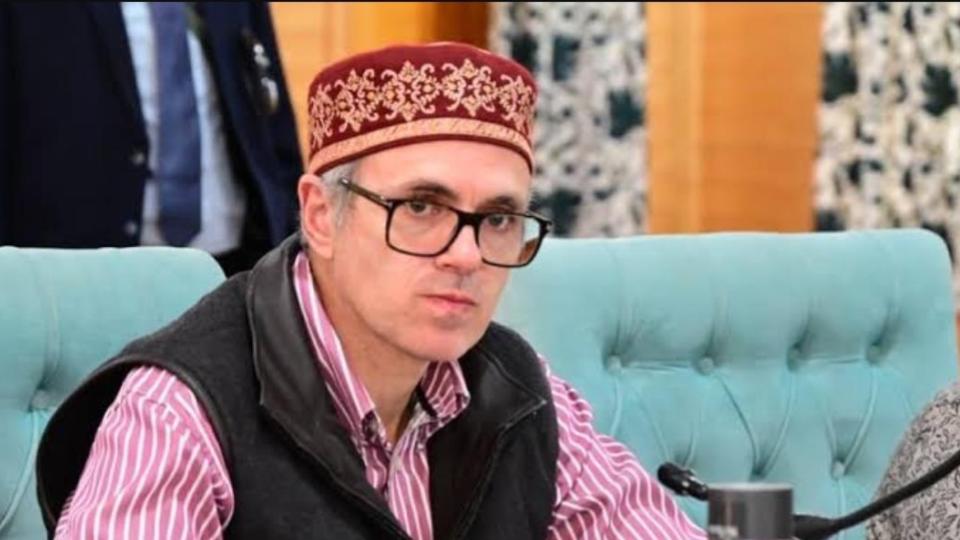


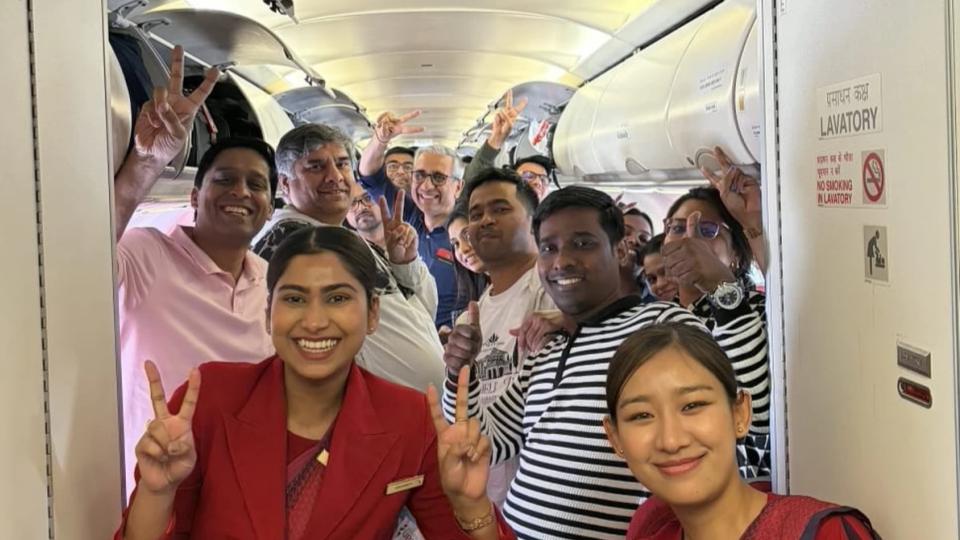
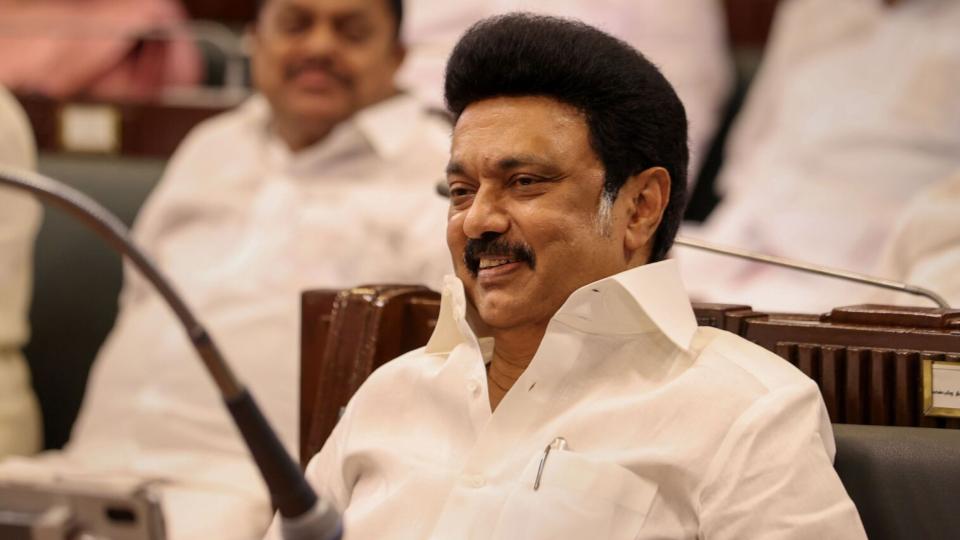
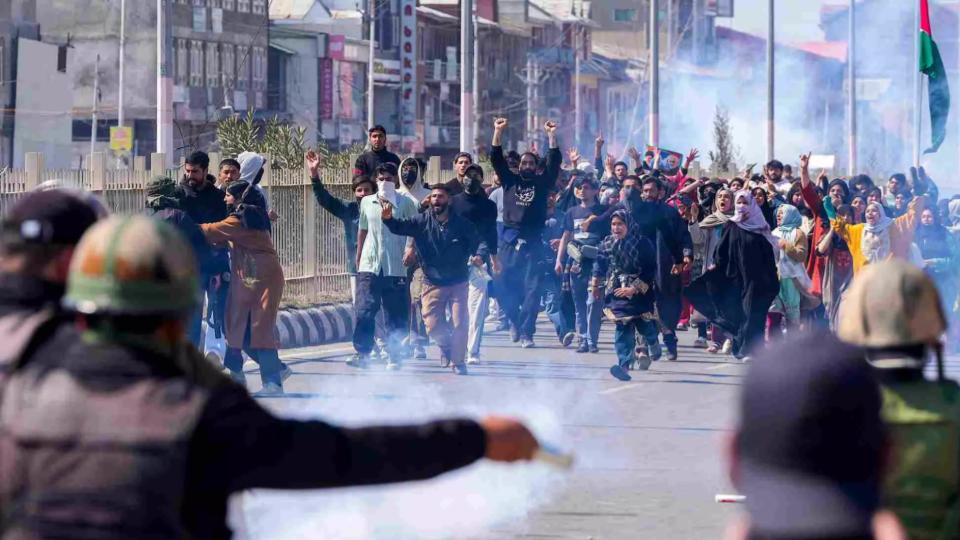
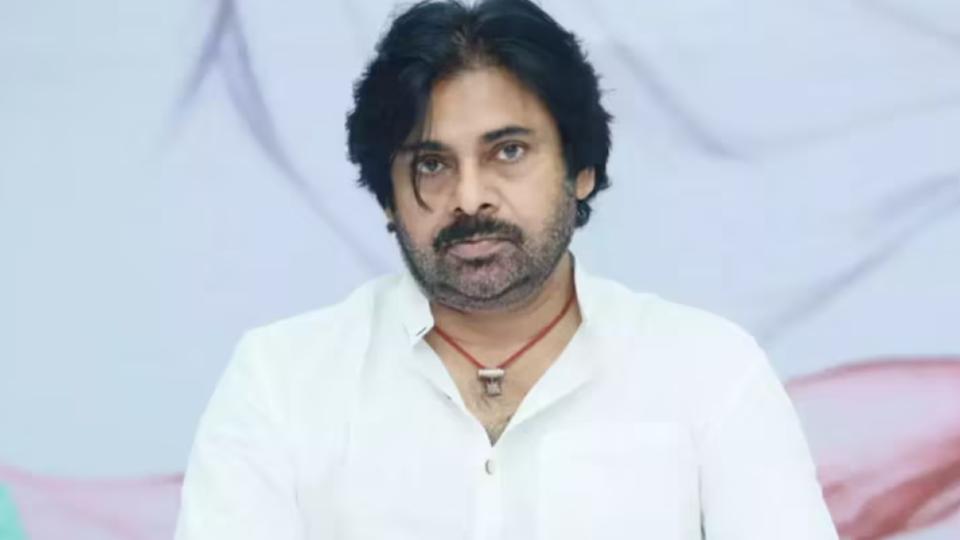
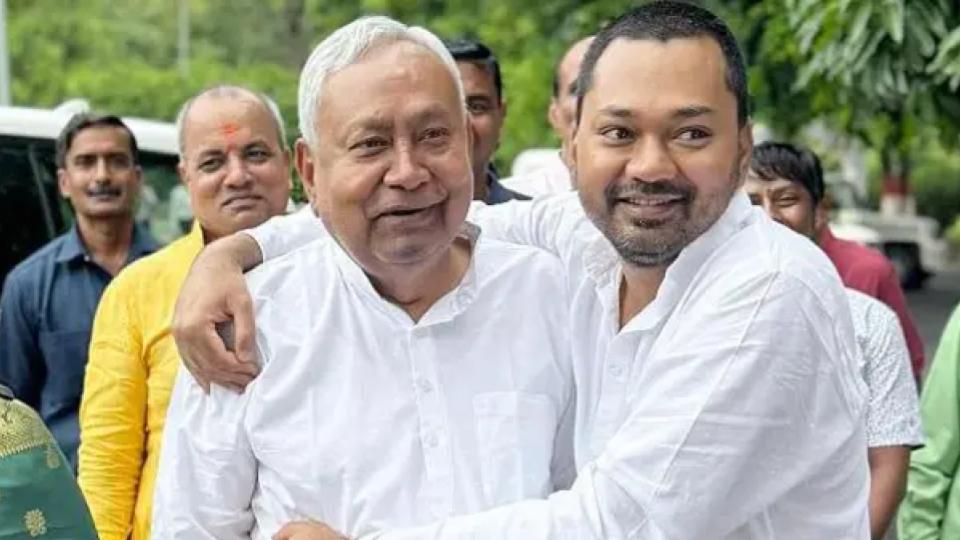
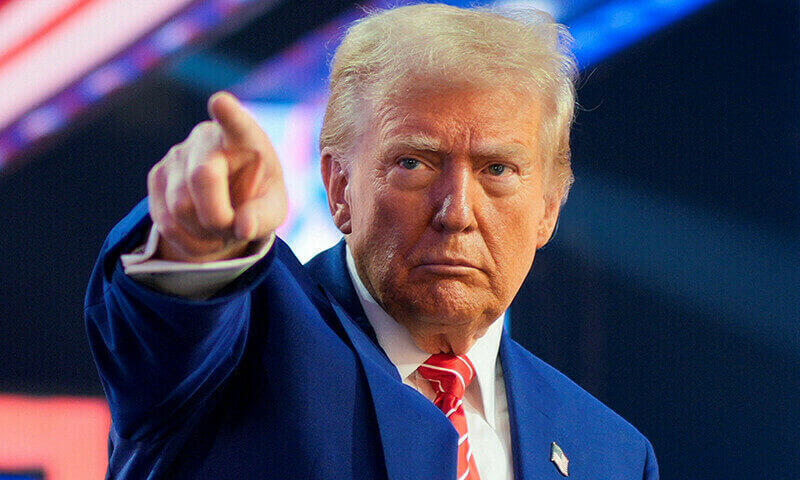
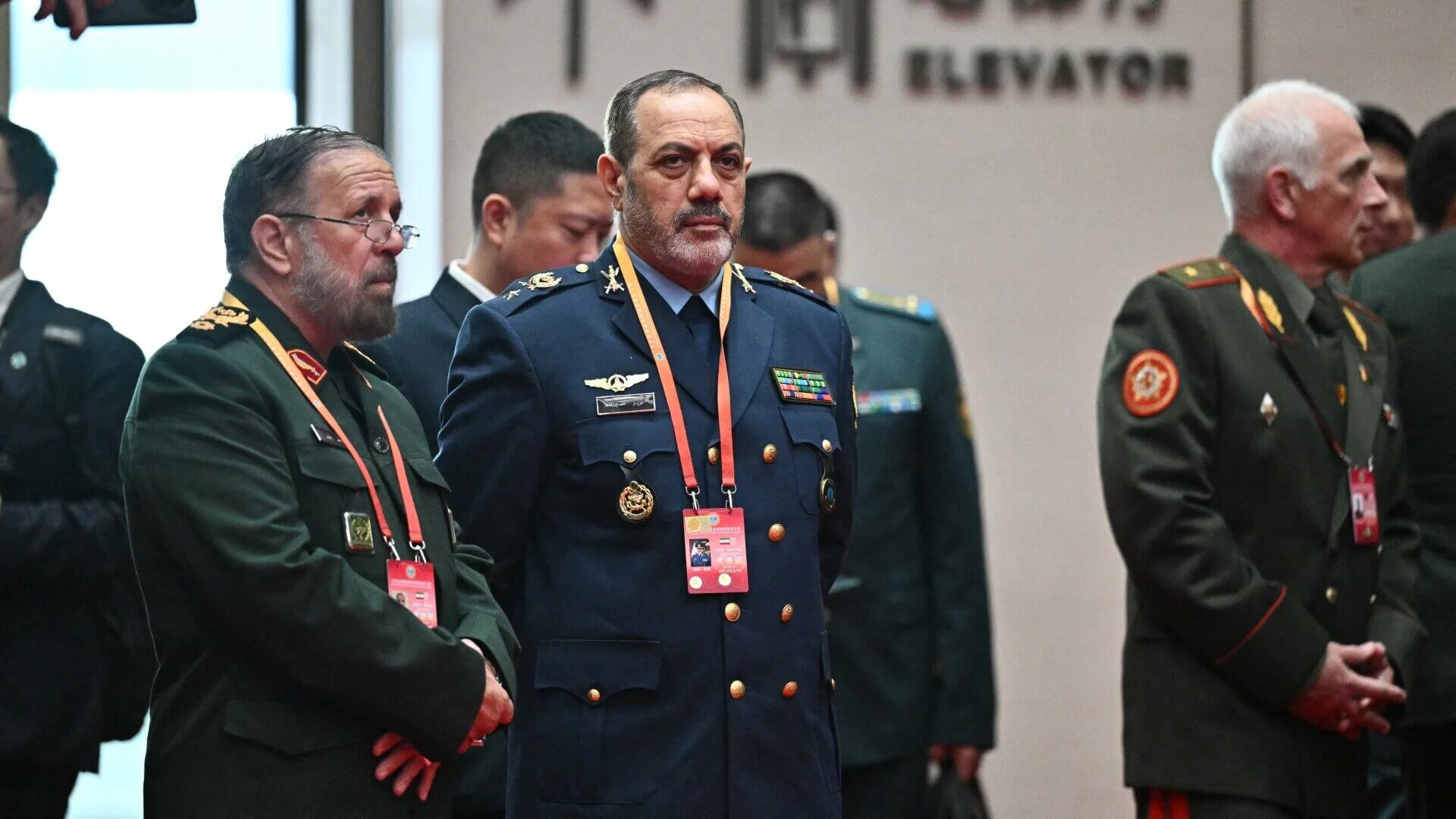
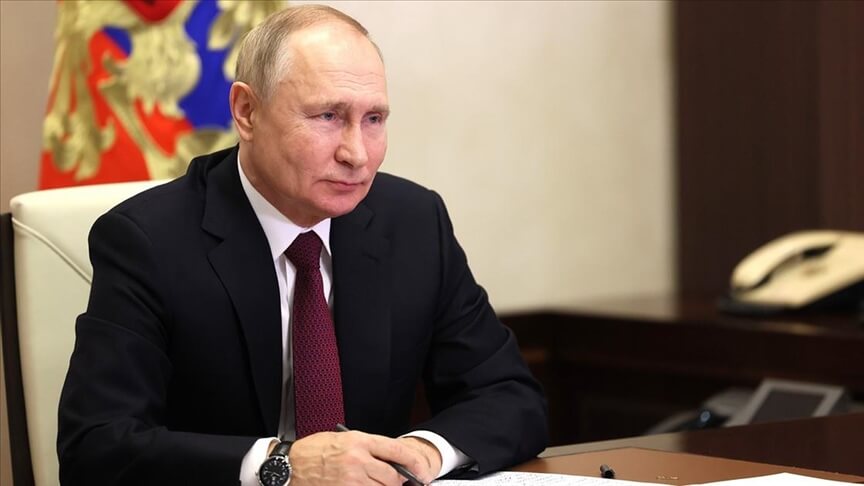

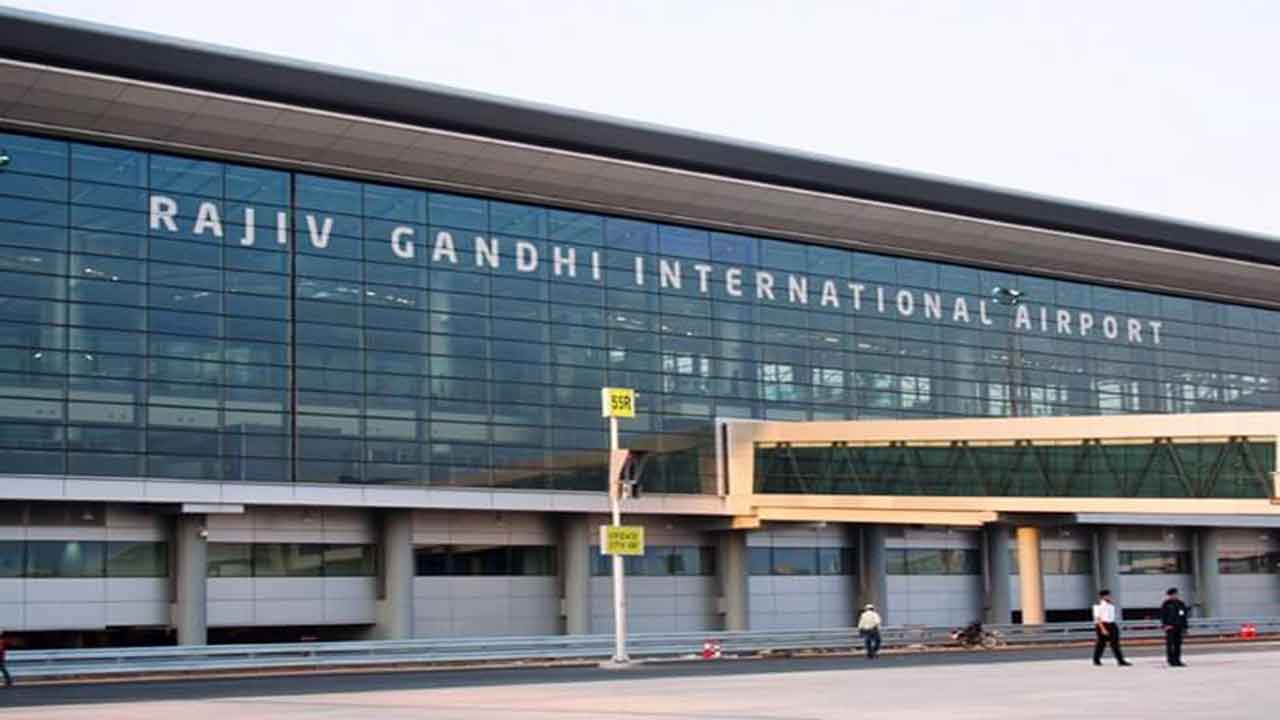
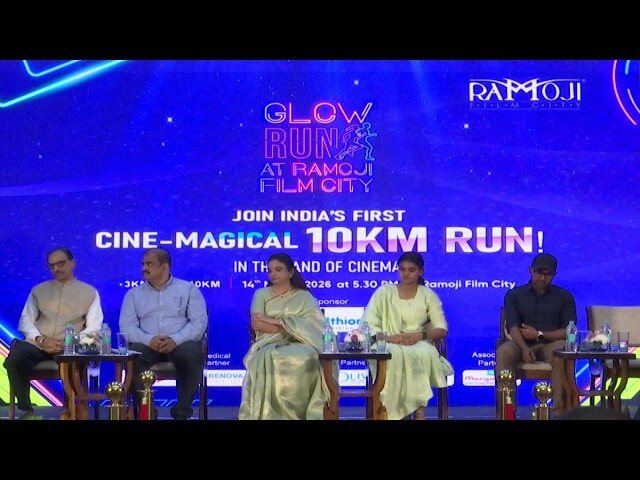
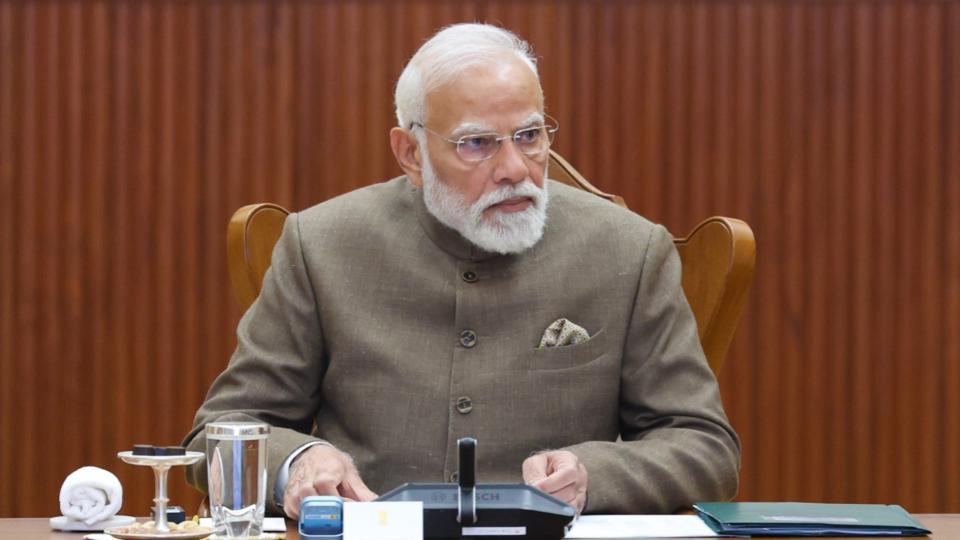
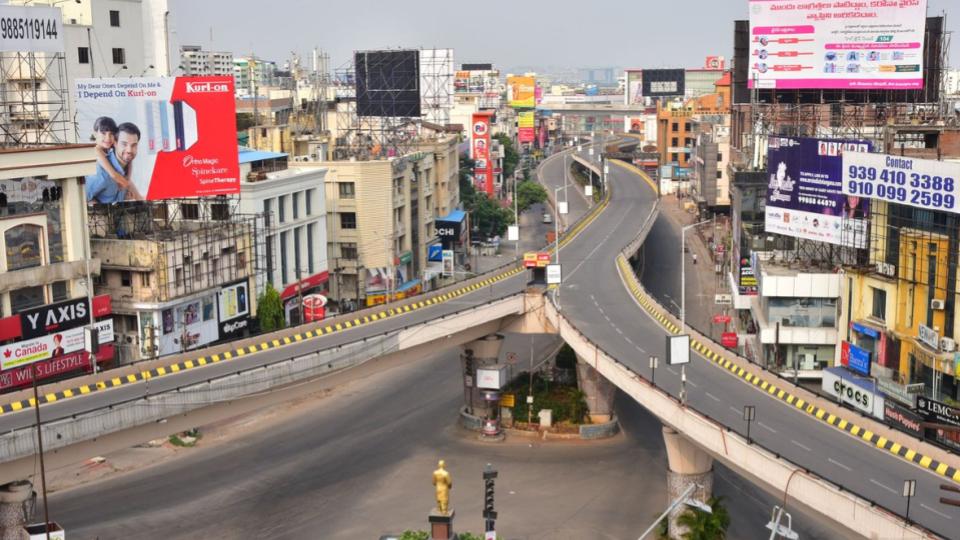
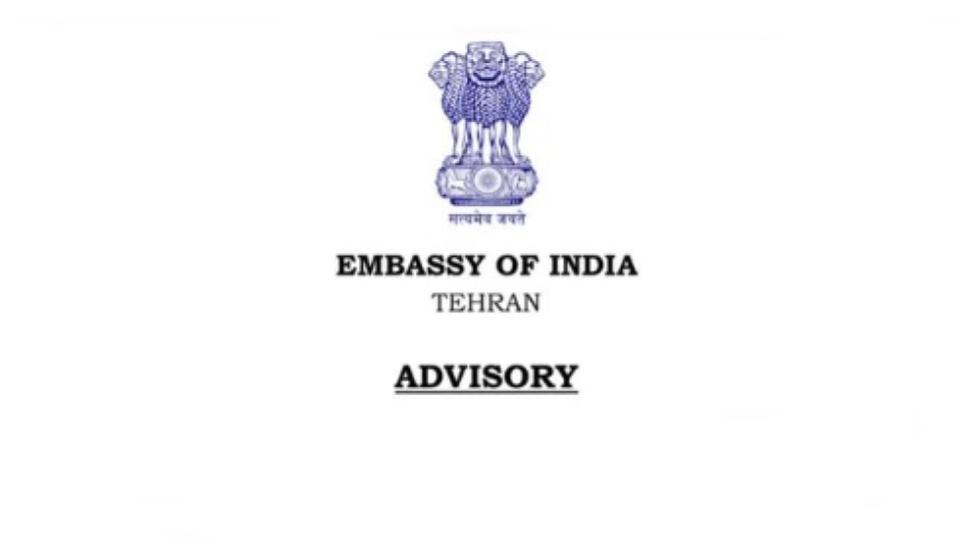

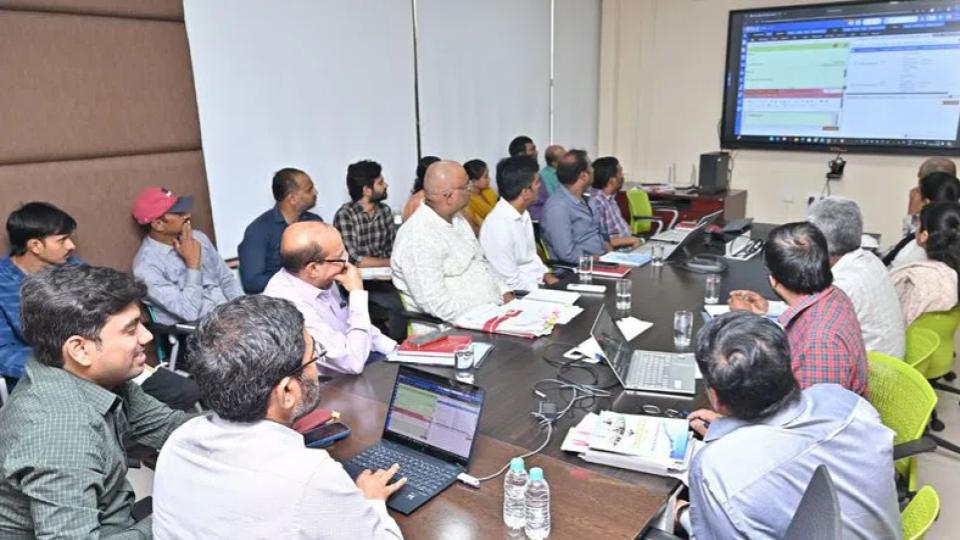
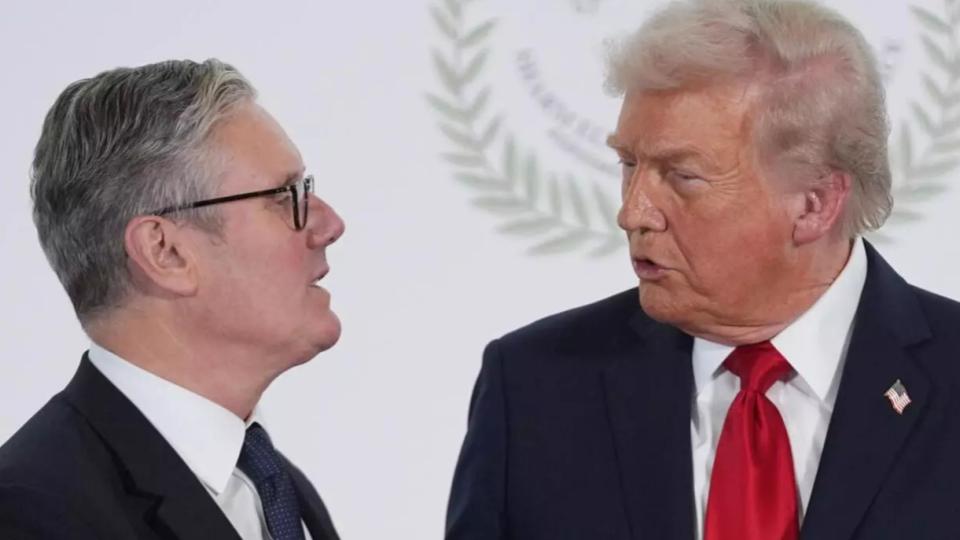




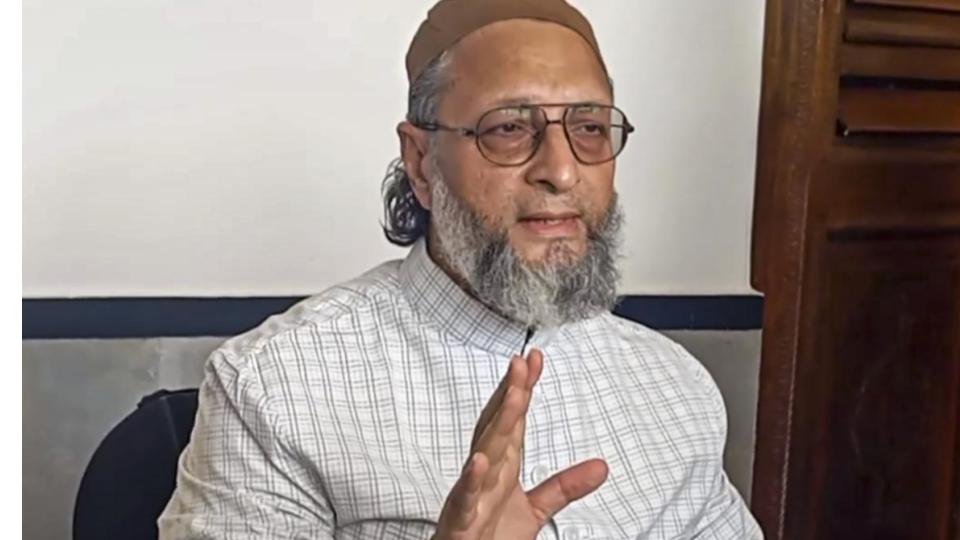
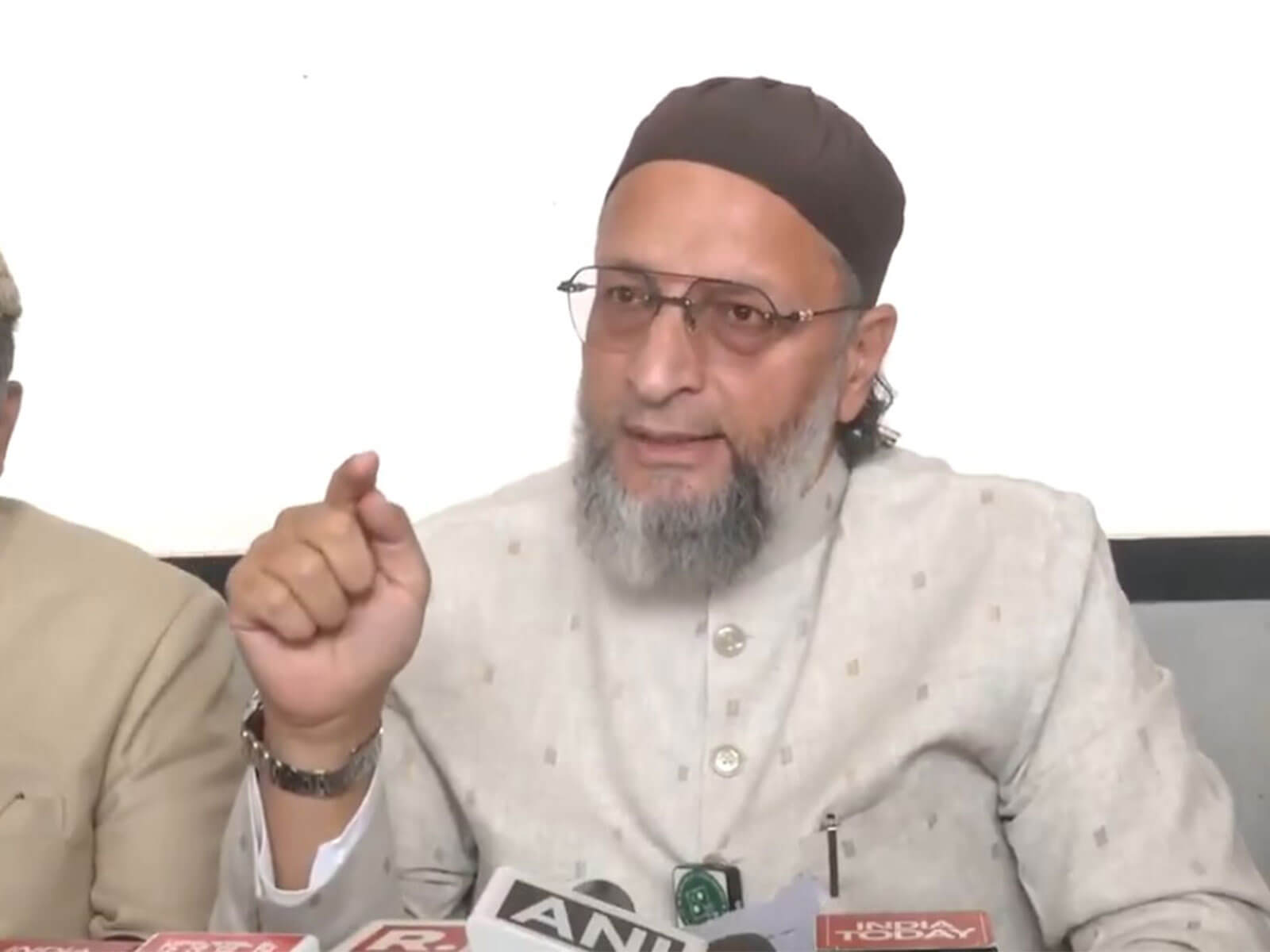






.jpg)
.jpg)
.jpg)


